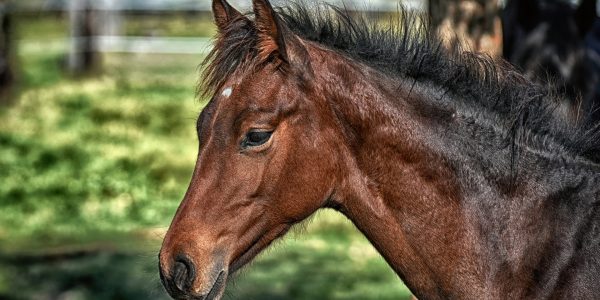Appearances Can Be Deceiving: Are You Forgetting Behavior Changes Are the Most Common Symptom of Disease and Illness?
With guest CAAB Chatters
Dr. Alice Moon-Fanelli and Dr. Sue McDonnell
When a pet’s behavior needs changing, what’s your first thought? How to elicit another behavior you can reinforce? How to prevent the expression of the unwanted behavior? How to manage the pet’s environment so the behavior doesn’t occur? How to punish the unacceptable response? All of the above? Or NONE of the above?
Should your first thought be to consider the possible “whys” of the behavior? Ethologists are trained to consider the “whys” on several levels, including from an evolutionary perspective, a developmental perspective, and a moment-to-moment why of what elicits or “triggers” the behavior.
When we consider the whys, we should also be thinking in terms of normal and not normal behaviors. Defining normal can be problematic, and any definition may be a moving target. But identifying what’s normal and what’s not is one of the most crucial steps anybody working with behavior problems must learn to take.
If a behavior is NOT normal, then medical causes for its expression have to be immediately considered and evaluated. Far too often we read behavioral descriptions of problems that clearly indicate something isn’t right, and make us wonder why the possibility of medical causes hasn’t been considered by the person working with the pet.
In this chat we are fortunate to welcome two CAABs who have worked closely with veterinarians throughout their long and stellar professional careers. Dr. Alice Moon Fanelli previously provided behavior consultations through the Tufts Animal Behavior Clinic and now has a private behavior consulting practice, Animal Behavior Consultations, LLC, serving the Hartford CT area and Dr. Sue McDonnell who works at The University of Pennsylvania School of Veterinary Medicine’s New Bolton Center equine clinical and research facility.
In this chat, these professional behaviorists will share their invaluable experiences with you and the importance of always continuing to improve your critical observational and thinking skills when analyzing the “whys” for behaviors. From the case examples Alice and Sue will share, you’ll be amazed at the “whys” for behaviors you haven’t thought of.
This chat will change how you think about the behaviors you see from the animals you work with.
Couldn’t make the live chat? No worries, you can purchase the replay now for only $15.00 through Paypal. You do not need a Paypal account – you can pay with your credit card.

Best idea – Join BEN!! Members of Behavior Education Network have access to ALL recorded CAAB Chat replays as a member benefit. Not a member of BEN?
 Join Today at www.BehaviorEducationNetwork.com
Join Today at www.BehaviorEducationNetwork.com
Current BEN Members: You can register for the live event either here or in BEN. You do NOT need to purchase the replay and do NOT try to use your BEN credentials here. They will not work.

Follow Us!